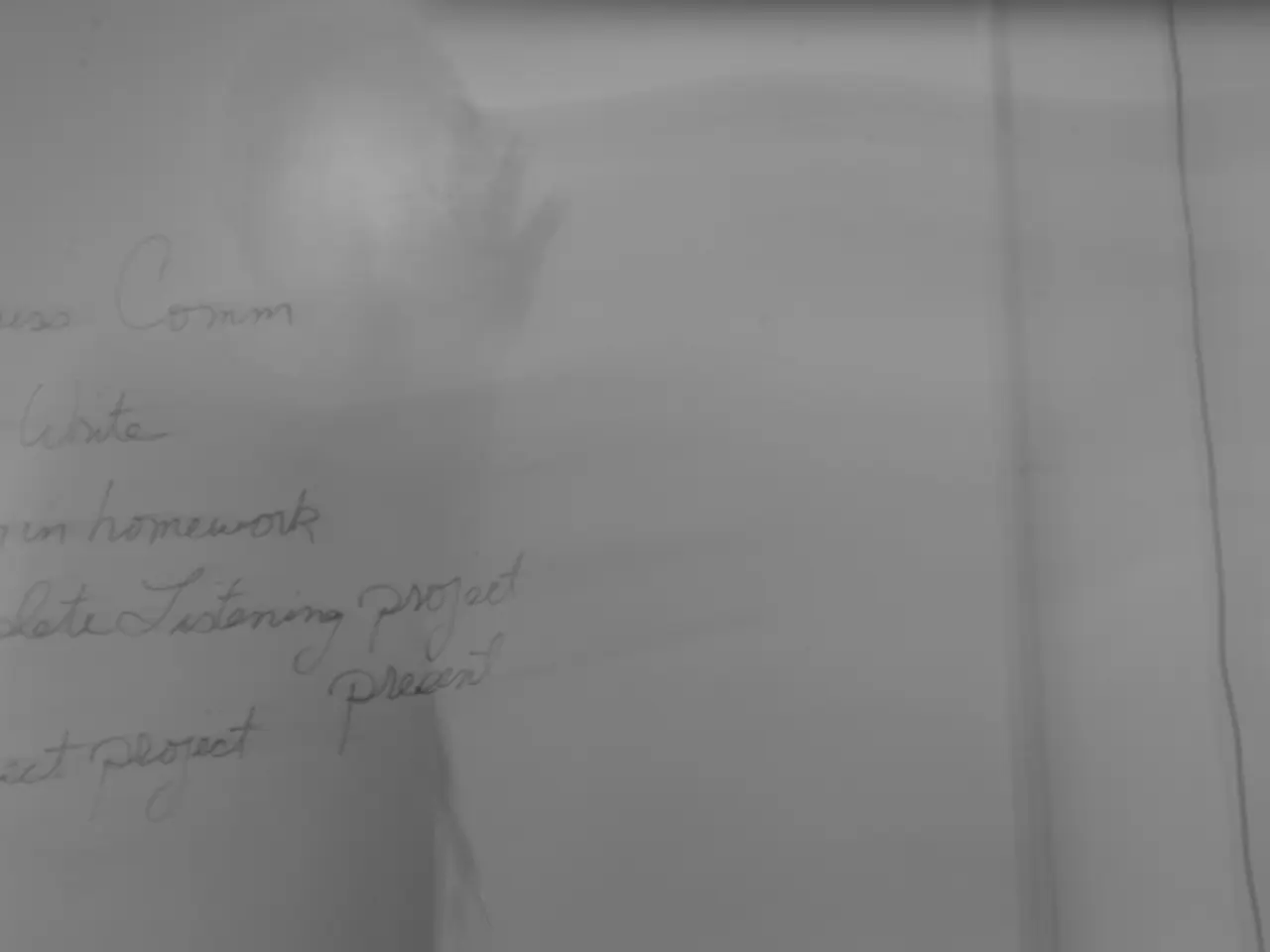Survival Strategies of the Human Species and the Influence of Negative Preference
In contemporary society, the innate tendency known as negativity bias can have far-reaching effects on mental health, interpersonal relationships, and media consumption. This cognitive phenomenon, which gives more weight to negative experiences or information than positive ones, has deep evolutionary roots that have historically enhanced human survival by prioritizing threat detection and rapid response to dangers.
However, in modern society, where constant exposure to negative news and social interactions can amplify stress, anxiety, and pessimism, strategies are needed to counteract its effects. Here are five strategies to help mitigate the impact of negativity bias:
1. Media Literacy and Critical Consumption: Developing a critical eye for media content is essential for recognizing negativity bias in news and avoiding being disproportionately influenced by negative stimuli.
2. Promoting Positive News and Constructive Journalism: Supporting and consuming media that highlights positive developments and solutions fosters a more balanced emotional outlook and counters the dominance of negative news.
3. Cognitive Bias Modification (CBM) and Training: Interventions such as attention training and behavioural tasks can help redirect focus away from negative stimuli, reducing maladaptive thought patterns linked to anxiety and depression. Educational videos and training games teaching debiasing strategies have shown effectiveness in reducing biases, including negativity bias, over time.
4. Encouraging Controlled versus Automatic Processing: Encouraging deliberate reflection rather than automatic emotional reaction can decrease the influence of negativity bias on judgment and decision-making.
5. Increasing Awareness and Accountability: Being informed about biases and expecting accountability in interpretations or judgments can improve accuracy and reduce undue negative bias.
By understanding and addressing negativity bias, individuals and societies can enhance their decision-making capabilities and improve outcomes in critical areas affecting human survival. These approaches help balance the innate prioritization of negative information with the need for emotional resilience and rational assessment in modern life.
- The deep evolutionary roots of negativity bias also have implications for our understanding of science and education-and-self-development, as this bias can impact how we process and interpret information crucial to personal-growth and intellectual development.
- On the flip side, unchecked negativity bias can exacerbate conflicts within communities, impeding progress towards health-and-wellness and mental-health as well as social harmony.
- By adopting strategies to counteract negativity bias, individuals can foster a more positive outlook conducive to their overall well-being, enhancing both their emotional and physical health.
- As we continue our collective journey towards personal-growth, it is essential to acknowledge the role of negativity bias in mental health and learning, and seek ways to evolve beyond it, favoring adaptive and positive thinking patterns.




